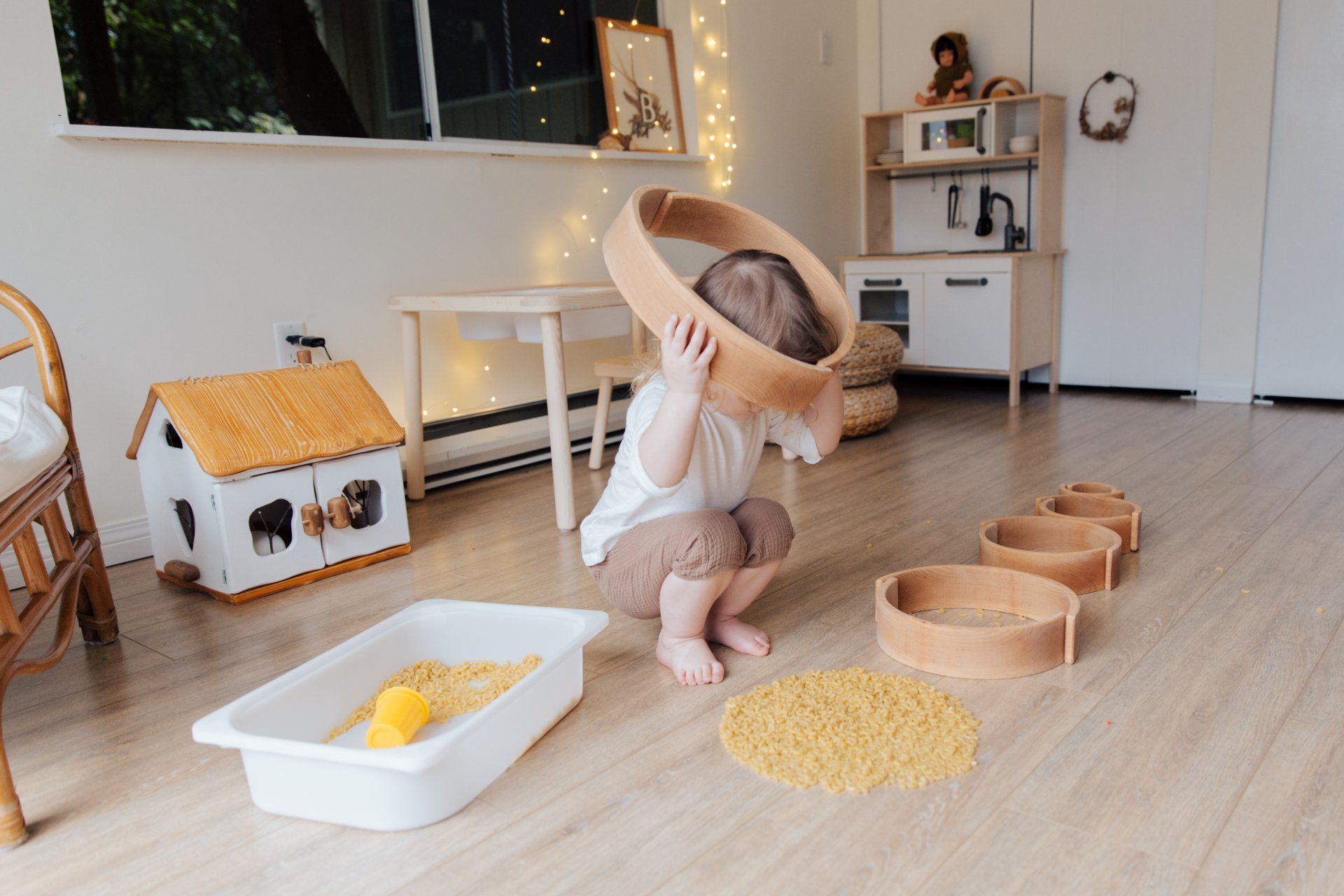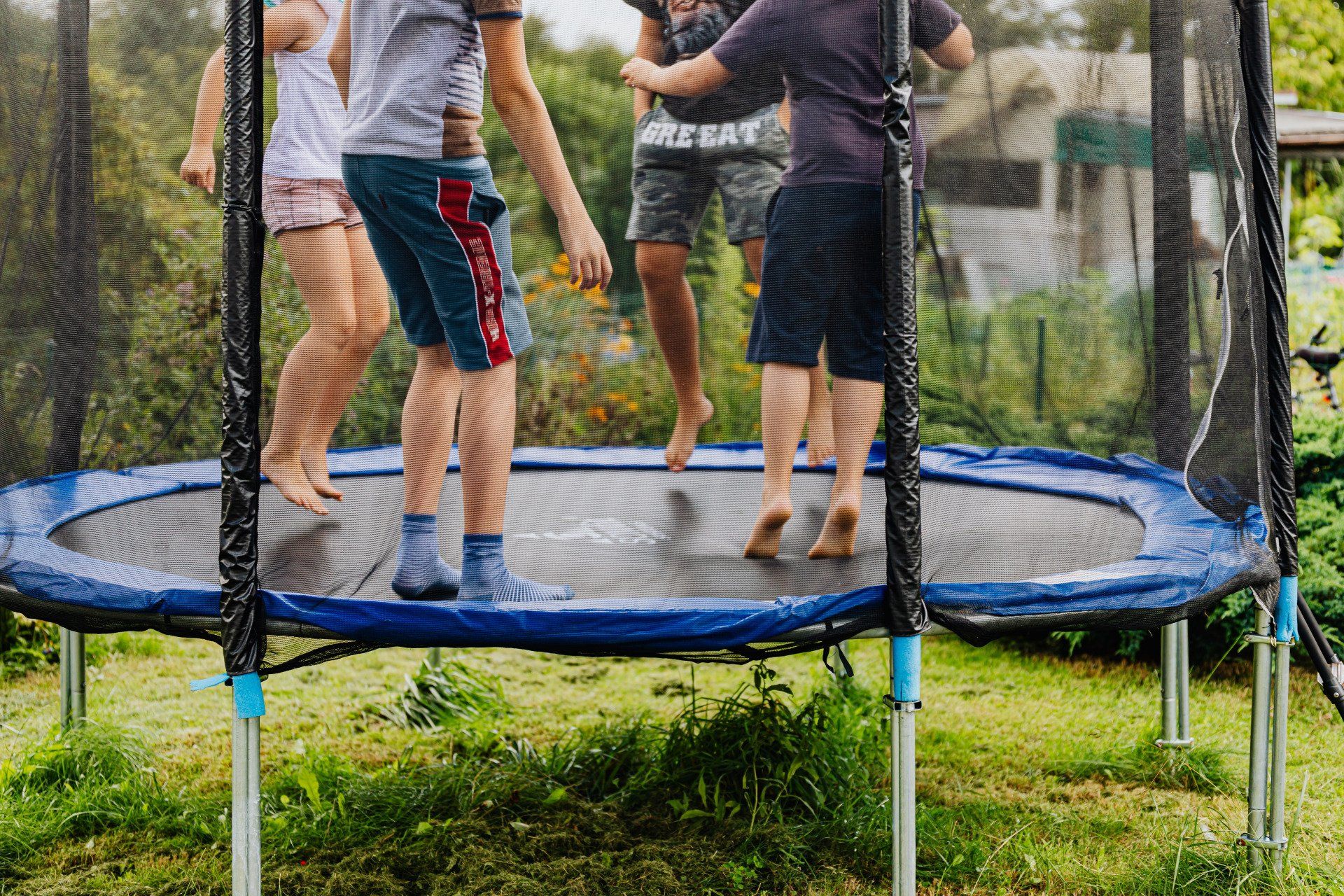What Is Parent Training & What Role Does It Play To ABA Therapy
Growth doesn't end just because a therapy session does! - Parent training ensures your child makes growth, even when our team isnt.
What is Parent Training?
While ABA Therapy relies on working with children and young adults to support and strengthen multiple areas of functional behavior, we place a high degree of importance on a holistic approach. At Vilij, we know that the best outcomes for patients come when the focus is placed on all members of a household. Our team will look to train and explain the fundamental reasons and rationale of parent training. Below we’ve put together some explanations and resources that will help as you meet regularly to discuss the program progress with your family.
As you’re starting out your ABA journey, you’ll soon realize that meaningful ABA therapy is comprehensive. Therapy touches the lives of all members of your household. You’ll also realize that you will have questions – take note during your meetings if your BCBA is answering your questions. During your parent trainings, you’ll have the opportunity to ask questions about therapy, progress, and anything else that pops up. Time should be dedicated to go over program progress as well. You’re BCBA may have questions to discuss with you as well during these meetings (programs, interventions). It's important to use this time to be as open with your BCBA as possible. Let them know any concerns/behaviors you’re seeing in the home that you may want to decrease. Alternatively, discuss your goals for your child and how you can help your child succeed outside of sessions. If you’d like the BCBA to collaborate with outside services (occupational therapy, physical therapy, speech therapy, teachers), ask your BCBA to consult with them. Schedule some meetings to dedicate parent training to these collaborations.
ABA Therapy needs to work for the whole family and you should feel comfortable advocating for your family. Parent trainings can occur on a weekly/bi-weekly/monthly basis. It’s recommended to keep a re-occurring weekly meeting set. This way it is already factored in your schedule!
The Importance of Parent Training:
Family treatment guidance, parent meetings, parent/guardian training, they’re all the same thing! Regardless of what it’s called, meeting with your BCBA should not be an afterthought. At the end of the day, therapists leave after their session but the interventions that you learn to implement outside of sessions is key to your child's success for functional skill acquisition. It’s crucial to be consistent with your meetings and have them occur on the regular, even if it is a quick meeting to discuss how everything is going.
What questions you should be asking of your BCBA / How Often?
In between meetings with your BCBA, you might find yourself having questions/comments at various times. It’s recommended to keep a running log of your questions to ensure you’re not missing anything when the meeting time comes around.
Additionally, you can always chat with your BCBA to inquire if they are okay with you sending emails (or other versions of communication) with questions, when they arise, so that the BCBA can have a running log of these and can prepare for when the meeting occurs. Remember, if you think you need to relay something important to the BCBA and it is time sensitive, we encourage you to request a meeting sooner! Some questions that you may (and should) ask are:
- What programs/activities you can run outside of session that will benefit your child
- Questions pertaining to how a particular program is run (useful so programs run outside of session are meaningful)
- When it’s appropriate to overlap or “drop in” to session for a period of time (you can have a standing bi-weekly “drop in” for 15/20 minutes at a time)
- Questions pertaining to what behaviors your child engages in during sessions
- A list of programs and progress along with programs/targets recently mastered.
Perhaps most important, we hope as you develop your relationship with Vilij that you feel comfortable asking any question. At Vilij we cultivate a strong sense of communication, naturally you won’t be judged and no question is off limits.
Resources! | How BCBAs Measure Parent Training Goals & Treatment Efficacy:
Just like programming for your child, data measurement for parent training goals are typically individualized. Many times, you’ll find your BCBA’s designing a data sheet to measure goals written out for you as the parent. Below we’ve listed some of our favorites:
- Evidence Based Tools for ASD, Research Units in Behavioral Intervention (RUBI): https://www.rubinetwork.org/store/
- Relias Academy – Course for parents to help educate on basic principles of ABA / Parent Training https://reliasacademy.com/rls/store/browse/productDetailSingleSku.jsp?productId=p329898
- Dempsey, I. & Dunst, C.J. (2004). Help giving styles and parent empowerment in families with a young child with a disability. Journal of Intellectual & Developmental Disability, 29 (1), 40-51. https://link.springer.com/article/10.1007/s40617-020-00464-5
Communication | The Key To Managing Expectations
Our clients are unique and diverse. The best way we manage expectations is to be accountable to the communication we offer. Do you have questions or concerns regarding parent/guardian training? Reach out, we would love to talk with you at 630-777-2800 or email via contact@vilijaba.com.
Note: Vilij ABA is not affiliated or responsible for the above referenced recourses, they are provided as additional sources of information.
Accountability |
Integrity |
Empathy |
Collaboration










